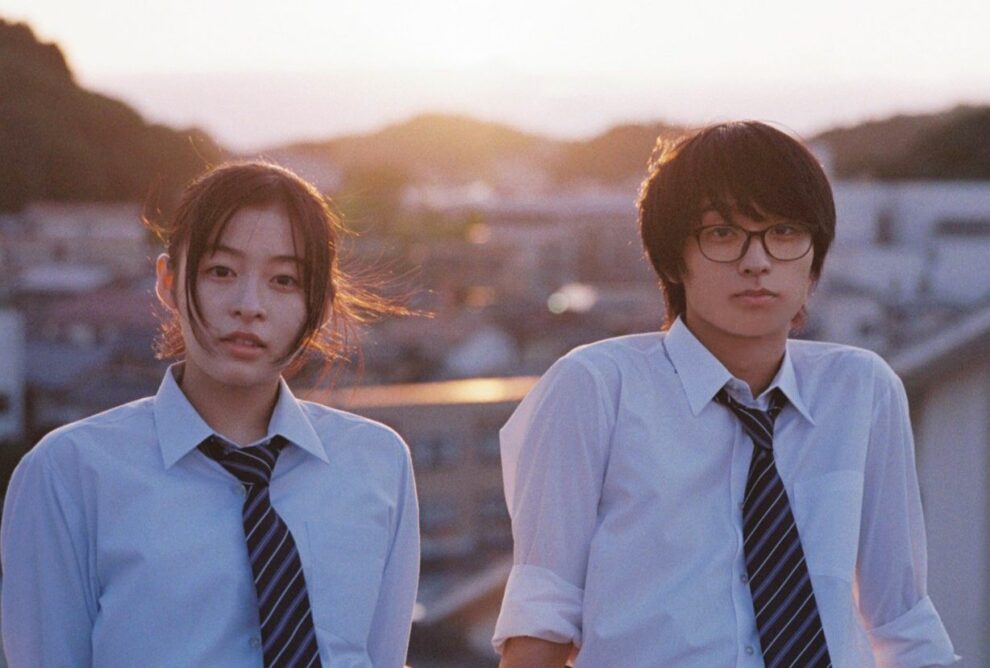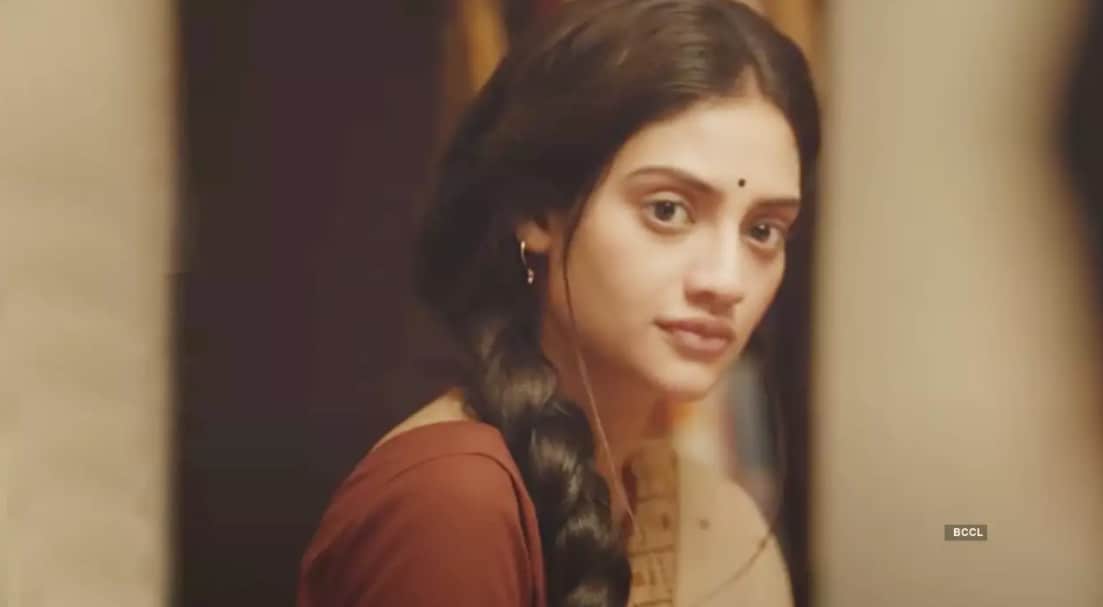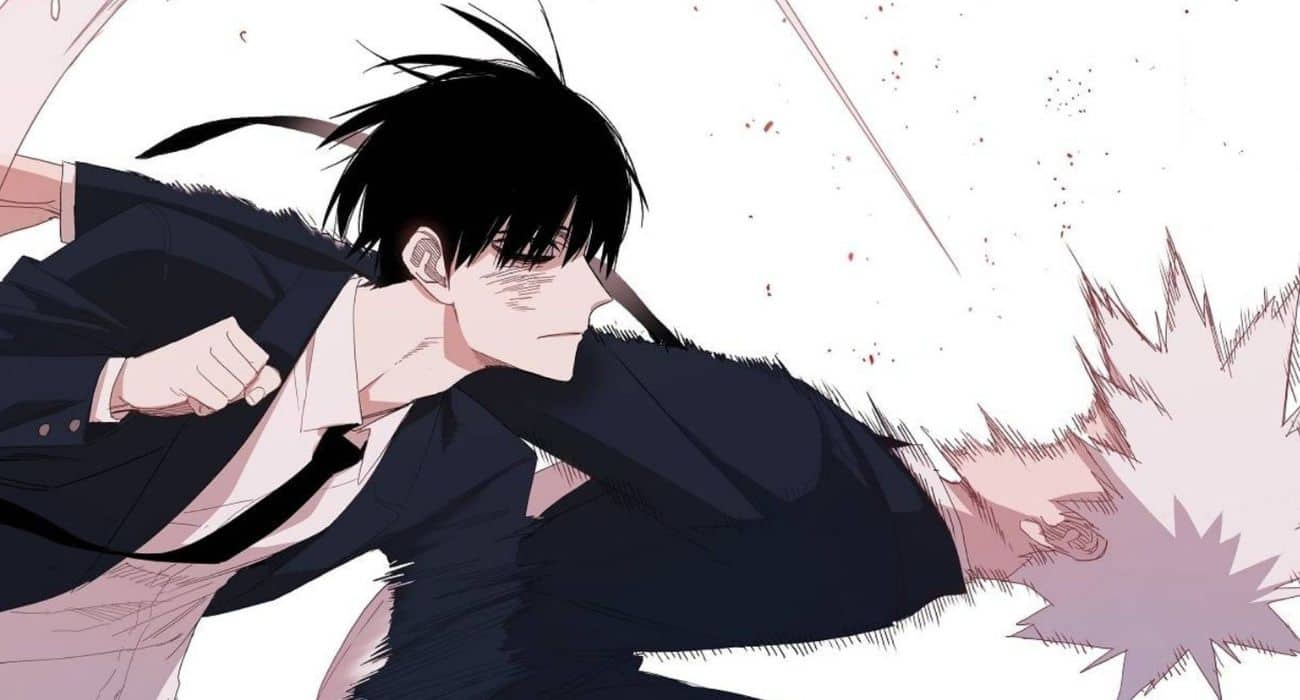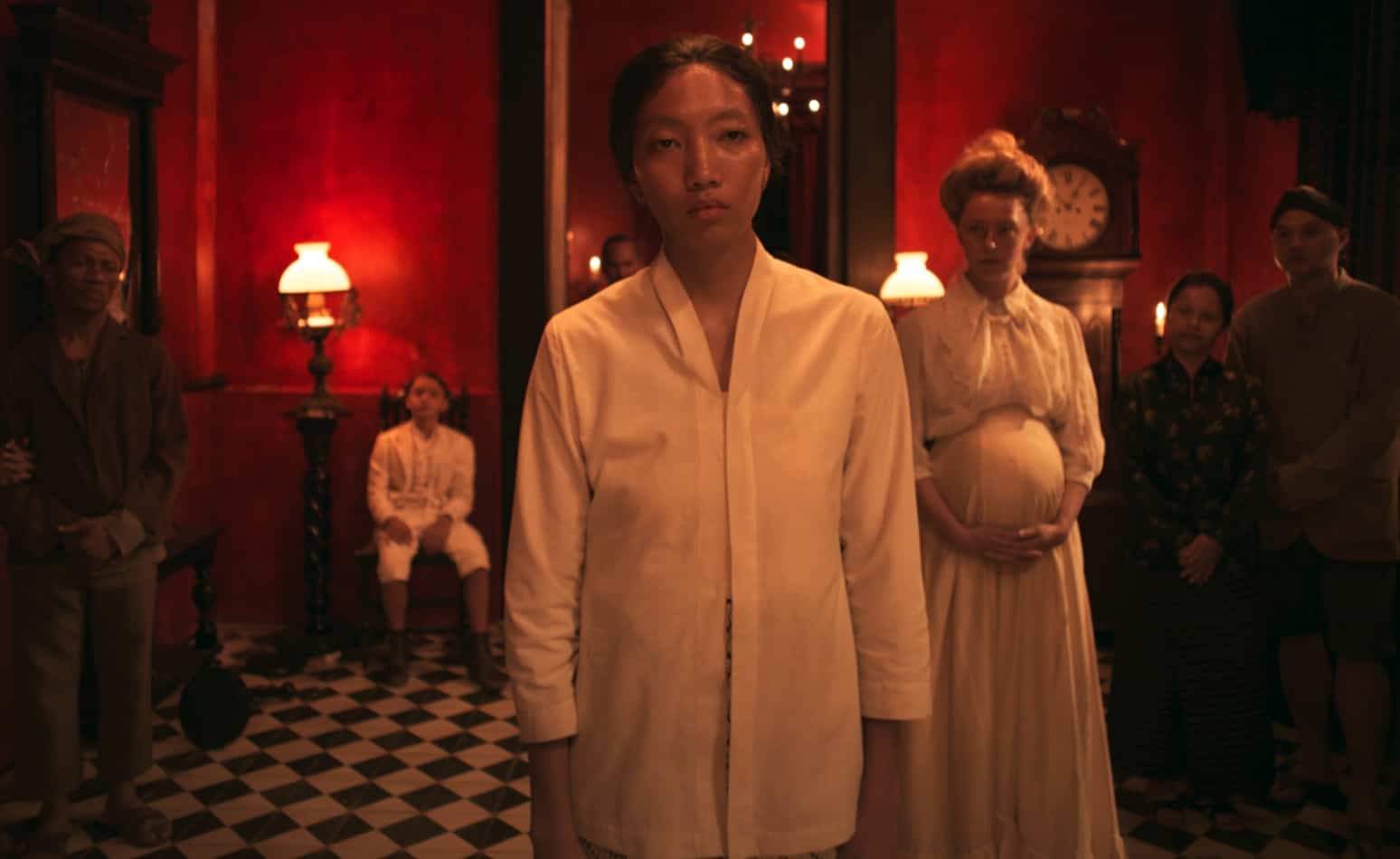As we have mentioned many times before, the manga/anime adaptation is one of the nucleus of Japanese cinema, with a plethora of titles finding their way to the big screen.”Insomniacs After School”, based on the slice-of-life homonymous manga series written and illustrated by Makoto Ojiro, also follows the same path.
Insomniacs After School is screening at Fantasia International Film Festival

The story takes place In the small city of Nanao in Ishikawa Prefecture, where Ganta Nakami, a highschool student, is suffering from chronic insomnia, that has led him to a number of issues in his life, particularly a constant crankiness and a series of dozing-offs that frequently lead to injuries, usually treated by the school nurse, Ms Kurashiki. One day, the class rep asks him to fetch a step-ladder from the supposedly abandoned observatory, where he stumbles upon Isaki Magari, a cheerful student suffering from the same nocturnal condition as himself. It turns out the girl takes naps in the building, and eventually also invites Ganta to do the same with her. Ms Kurashiki eventually discovers them, but instead of chastising them, she encourages them to restart the astronomy club, with her “happening” to be the advisor for the particular club. She even introduces them to Yui Shiromaru, an alumna of the Astronomy Club who now runs an arcade, and eventually begins acting as the unofficial advisor and as the teacher of astrophotography for Ganta. Through the dealings with the club, their naps, and the walks in the city during the night, the two insomniacs come closer together. Life, though, turns out to be more difficult than they anticipated.
Check also this article
Chihiro Ikeda comes up with a teen romance with a twist, with the twist (a number of them actually) providing the drama in the whole thing. The main concept of two insomniacs getting together is quite intriguing and entertaining on its own, additionally allowing the director to explore the whole concept and its repercussions, but also to include a slight road-trip aspect in the narrative, through the walks the two undergo during the night, and a fateful trip they eventually take. At the same time, it is soon revealed that insomnia is not the only thing the two have in common, as their shared introvertedness is also quite evident, with the way they finally manage to open up to each other being one of the most rewarding aspects of the story. Lastly, the heart condition Isaki suffers from adds another level of drama to the whole thing, as much as to the whole romance that permeates the narrative.
The concept of the astronomy club and astrophotography is also rather appealing, in an aspect that adds to the romance while inducing the movie with an educational aspect that also works well. Furthermore, the drama that results from this gives Ikeda an opportunity to stress the coming-of-age/slice-of-life element in the movie, as much as the mentor role Ms Kurashiki plays. Roughly the same applies to Yui Shiromaru, although she mostly does it through example and sharing her experiences rather than instigating and vocally mentoring. It is also worth mentioning that Minori Hagiwara as Yui and Yuki Sakurai as Mrs Kurashiki give very convincing performances, frequently outshining the two protagonists.
Lastly, the concept of parenting is explored too, by showing the parents of the two youths and how over-their-heads they are, although for rather difficult reasons. This time, however, there is no direct accusation towards the previous generation; on the contrary, Ikeda takes care of showing that all the grown ups in the movie are caring and willing to help the youths, even if they don't always succeed.
It is somewhere here, though, that the most significant flaw of the movie appears, apart from the ever-present lack of tension that seems to characterize the majority of Japanese productions during the last years. Probably in an effort to focus on kids as their main audience, the story is stripped from any kind of dramatic impact, with even the harshest concepts here (chronic insomnia, heart conditions, alienation and various psychological issues) presented in a saccharine way that occasionally does not even make sense. For example, in the original, Mrs Kurashiki is an alcohol and smoking-loving individual administering tough love (a concept quite common for manga actually) but here there is none of that, with her character being as vanilla as possible.
The aspect also extends to the visual approach, with the cinematography being too polished and too bright on occasion, although this is toned down by the occasionally impressive night scenes and the presentation of the whole concept of photographing the stars. The editing results in a mellow pace that suits the overall aesthetics, but also results in the aforementioned lack of tension, while some lagging also does appear throughout the movie. Lastly, although Daiken Okudaira as Ganta and Nana Mori as Magari exhibit a certain level of charisma, particularly the latter, and their chemistry is quite good on occasion, they are also suffering from the overall lackluster approach here, along with some excessiveness that is found throughout, particularly from the former.
In the end, “Insomniacs After School” boasts a very intriguing story, that is well-presented, in a way though, that has written PG-13 all over it.















